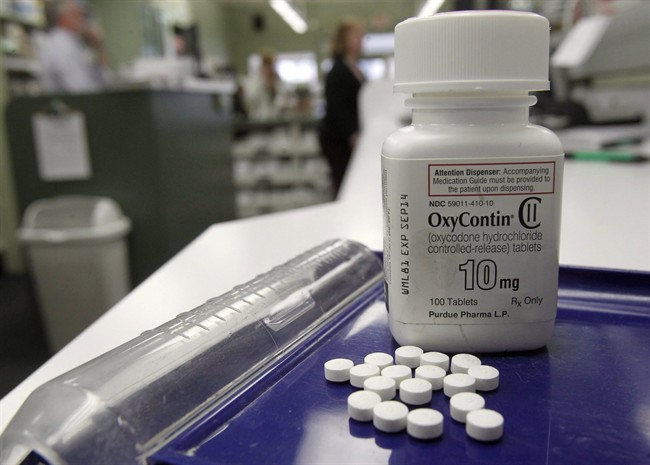There’s been an increasing opioid crisis across both Canada and the U.S. But a new study suggests that people who are prescribed an opiate painkiller after surgery aren’t the ones becoming addicted.

READ MORE: Ontario expands use of Suboxone to battle growing opioid crisis
Researchers found that after one year of discharge from a hospital following serious surgery, only about one per cent of patients were still taking prescription opiates.
WATCH: Experts warn of growing opioid crisis across Canada

“We were really surprised by how low the numbers were for long-term opiate use,” said senior investigator Andrew Schoenfeld, an orthopedic surgeon at Brigham and Women’s Hospital and assistant professor at Harvard Medical School, said in a statement. “It appears that traumatic injury is not a main driver for continued opioid use in patients who were not taking opioids prior to their injuries.”
The U.S.-based study was done using the Department of Defense’s TRICARE system and collected data from 2007 to 2013. Though this system insures members of the military and their families, currently most of TRICARE’s members are civilians. As a result, Schoenfeld said that the study’s findings represent the general U.S. population.
“Our findings in patients who sustain traumatic injury contradict the popular narrative about the role that appropriate use of opioids may play in the rate of opioid abuse in this country,” Schoenfeld said.
However, there were certain risk factors for those continuing opioid use, one of which was age. Those aged 45 to 64 were more likely to continue using prescribed opiates past one year.
Those who had a low socioeconomic status also used the opioids longer as well as those who had been in hospital for longer than two weeks.
The study was presented to the 2016 Clinical Congress of the American College of Surgeons in Washington, DC.


Comments